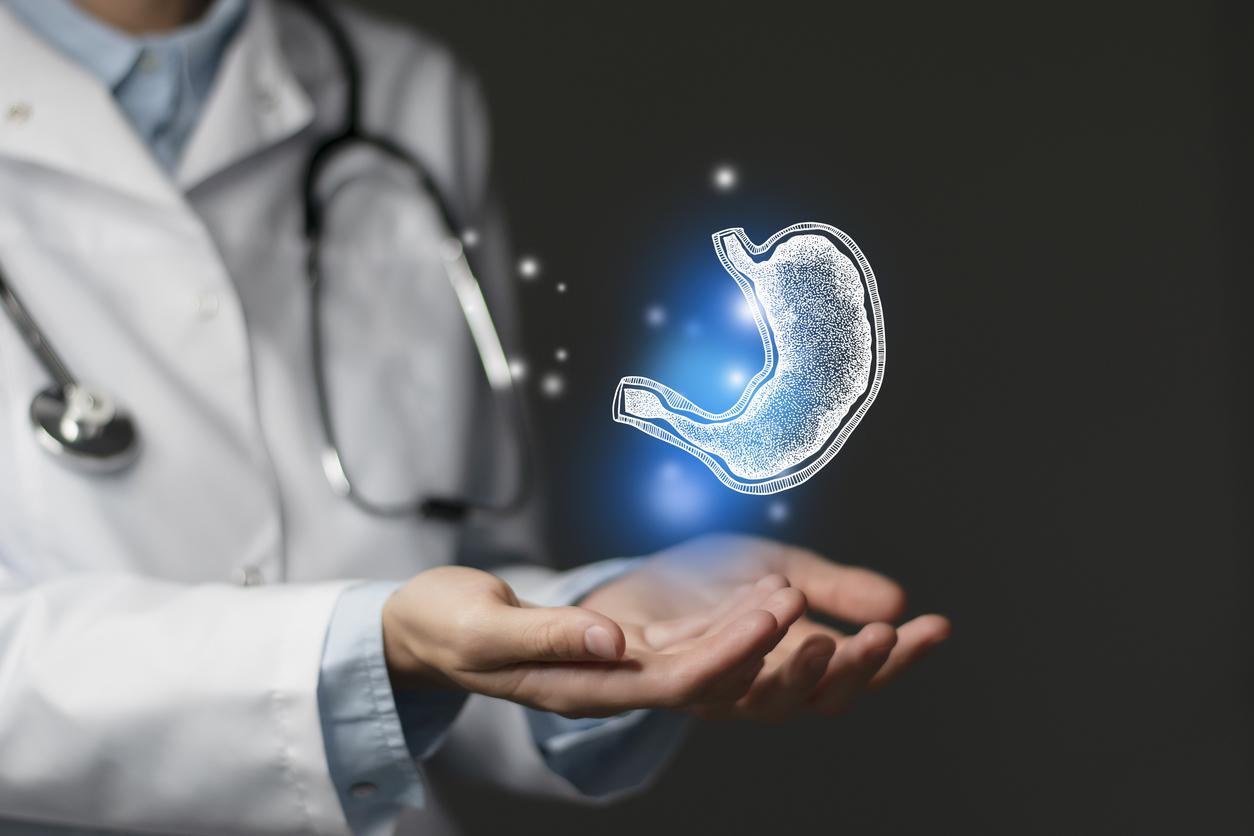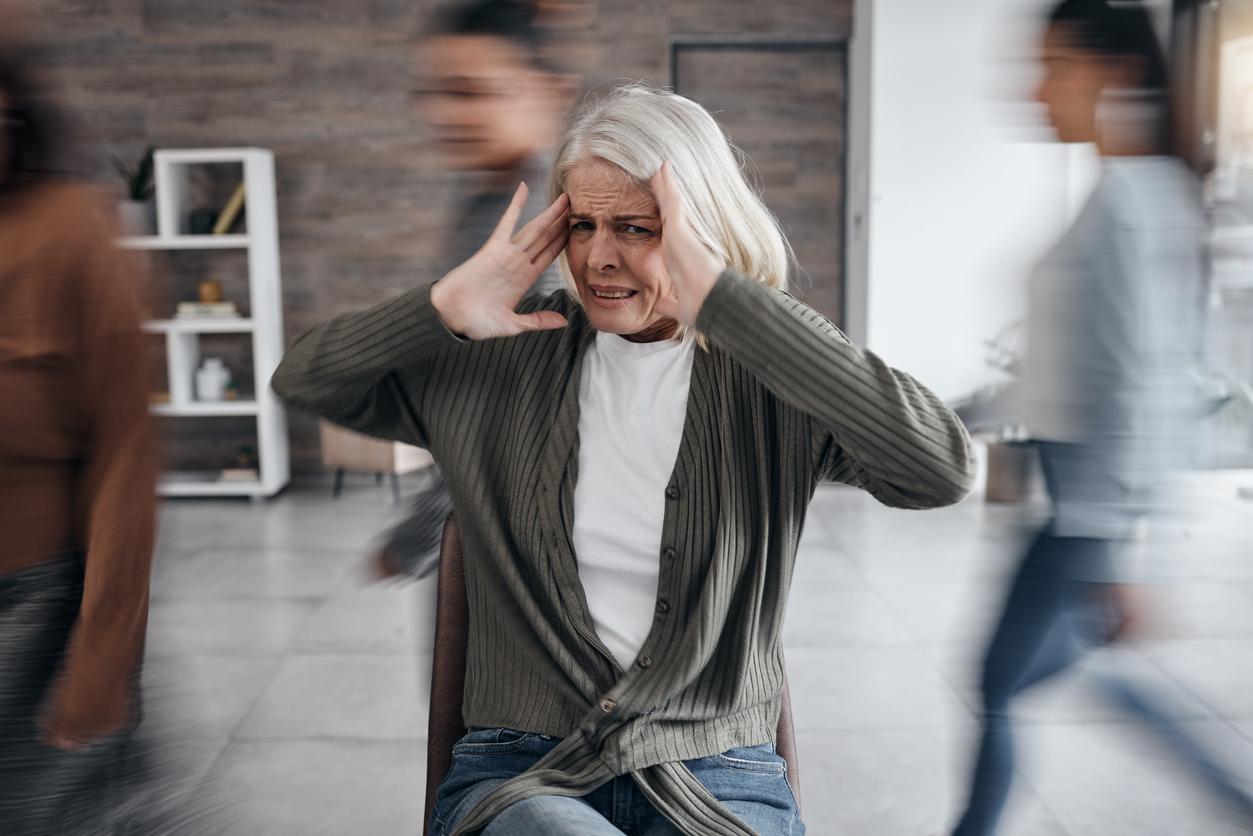An American study reveals more than half of seniors present a risk of malnutrition and, in most cases, the diagnosis has not been made.

In the United States, half of seniors are malnourished or at risk of being malnourished without knowing it. This is what reveals a recent American study published in the journal Annals of Emergency Medicine. The authors urge doctors to strengthen nutritional surveillance of these people.
Too few diagnoses
Carried out by the University of North Carolina, the study covers the medical records of 138 people over the age of 65 living alone at their home, admitted to the emergency room. The authors have retained two important elements: when they arrive at the emergency room, 60% present the risk of suffering from malnutrition and 16% are affected. Among them, 52% suffer from depression, 50% are no longer fully independent, 38% complain of oral disorders and 33% have difficulty shopping.
“Malnutrition is known to be a common problem in older people,” says Timothy F. Platts-Mills, co-author of the study. “But what’s more surprising about our study is that most malnourished patients have never been diagnosed before. He continues. And, indeed, the study reveals that 77% of these patients were not warned of their condition before their admission to the emergency room.
Impact on mortality
Malnutrition, however, has a real impact on senior mortality. It leads to a decrease in muscle mass and physical performance as well as a decrease in mobility, thus increasing the risk of falls, fractures and bedsores. The authors of the study therefore insist on the need for nutritional monitoring of the elderly in emergency services: “implementing nutritional supplementation would be inexpensive and would make it possible to reduce readmissions for these patients”, concludes the study. Prof. Timothy F. Platts-Mills.
In France, 300,000 to 400,000 elderly people living at home suffer from malnutrition. Numerous clinical studies have also shown that the detection and treatment of this disease was insufficient, in the city as in the hospital.
.















